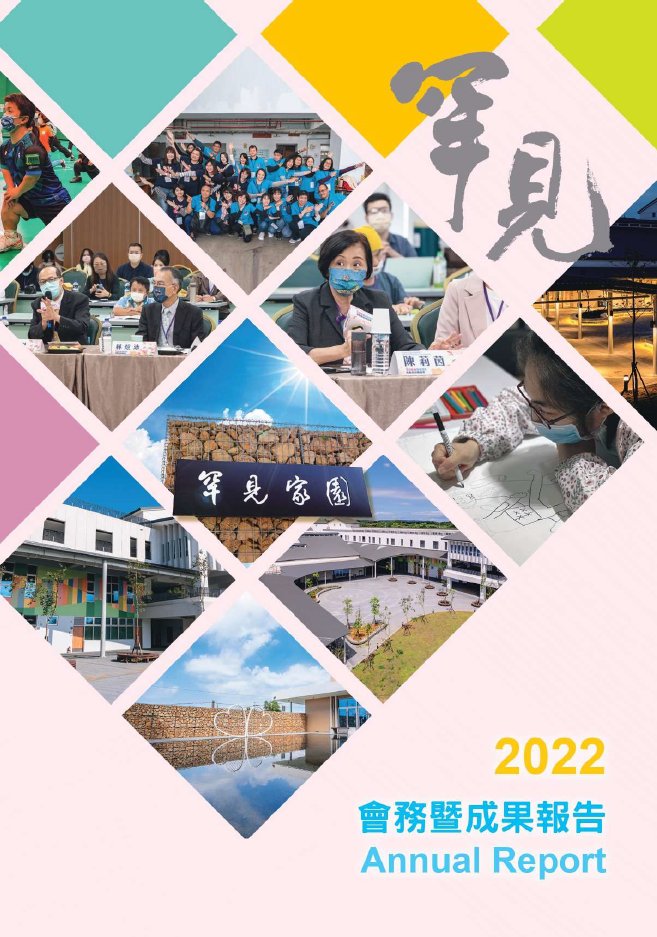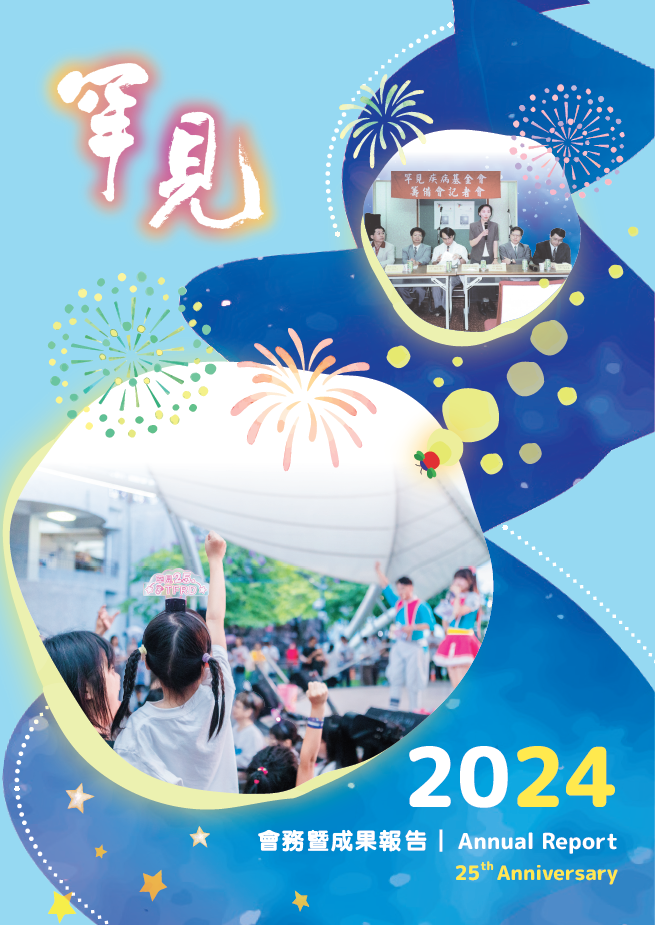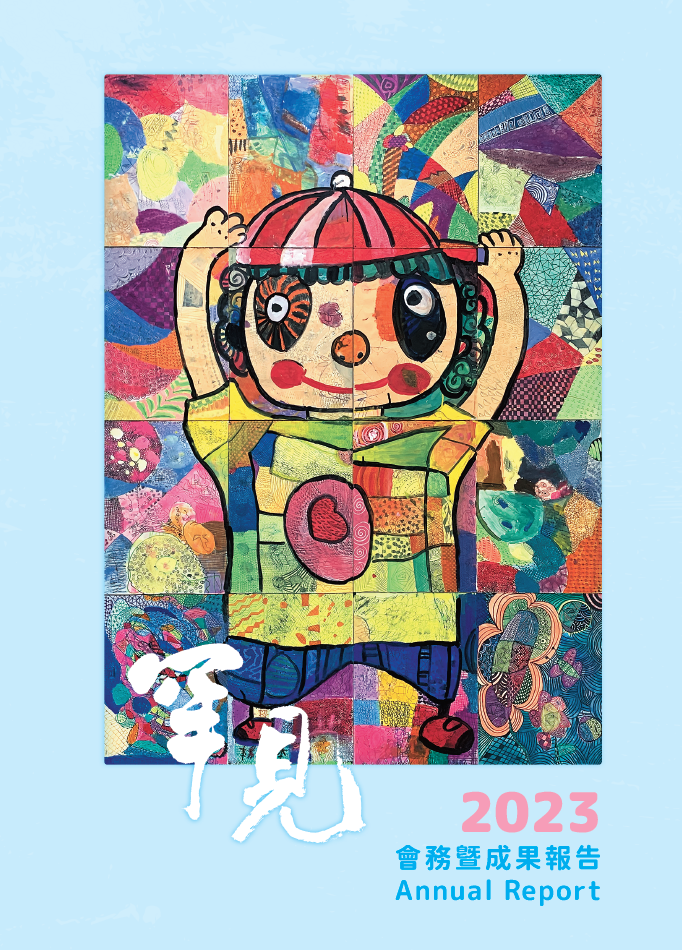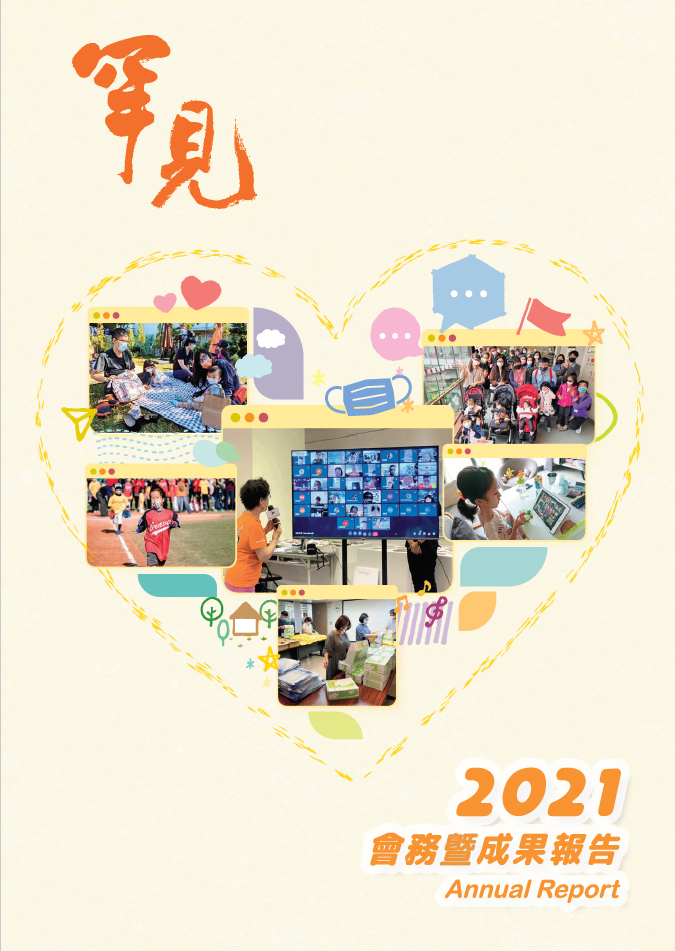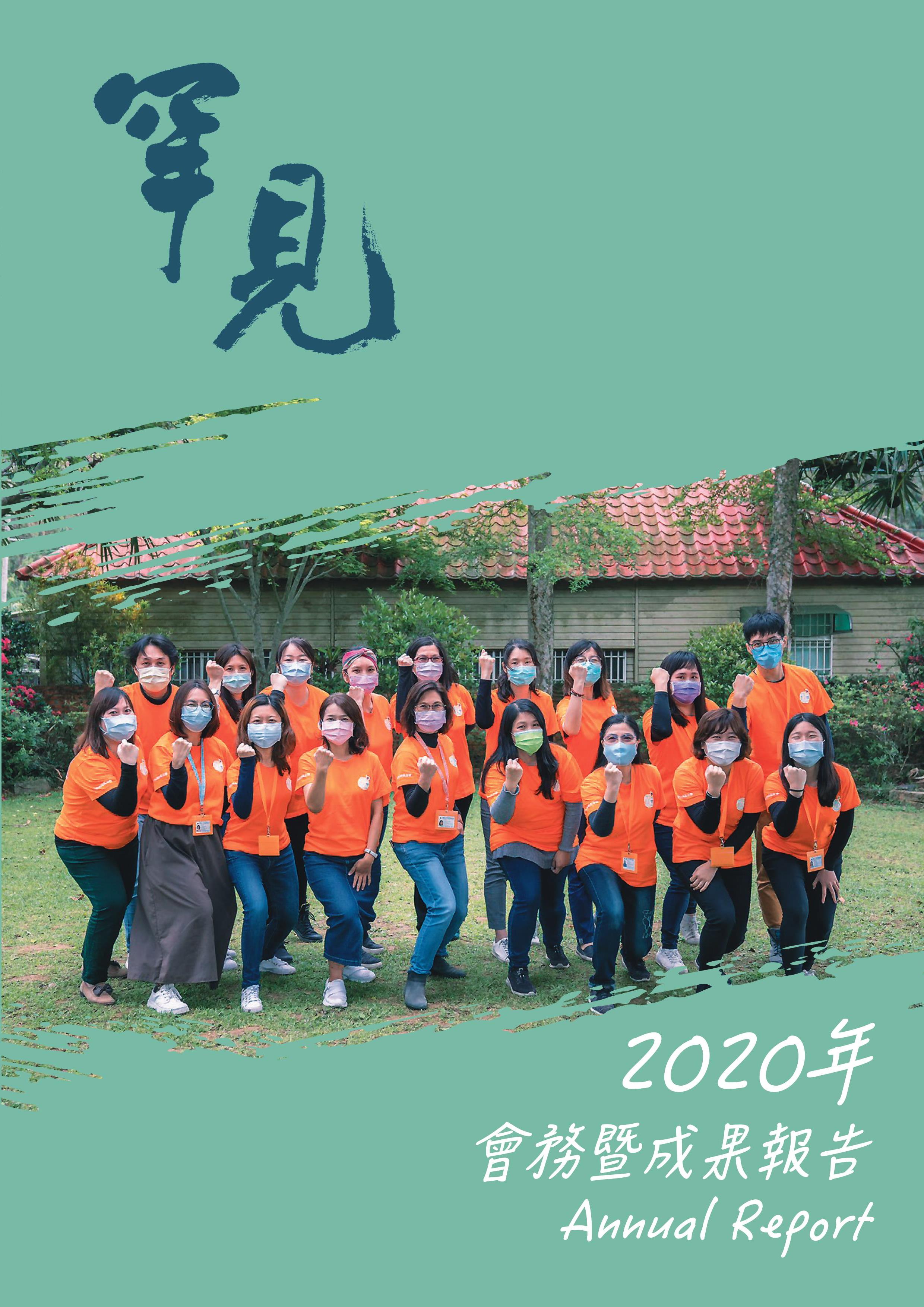Summary of 2022 Annual Report
In June 1999, a new social terminology emerged in Taiwan's society, where the term "Rare Disease" was previously unheard of. Taiwan Foundation for Rare Disorders (TFRD), established in 1999, has been an active force in advocating for rare disease patients in respect of medication, education, and employment, and will continue to give its best effort to light up the lives of many rare disease patients.
By the efforts of the two initiators, the founder Ms. Serena Wu and the co-founder Prof. Min-Chieh Tseng, who had kept advocating patients' rights and thus drove the society and government to pay attention to rare diseases, the “ Rare Disease Prevention and Orphan Drug Act " was enacted in 2000, which enables Taiwan has better diagnosis, treatment, prevention of diseases and care of patients. Furthermore, TFRD continuously facilitates laws that categorize rare disorders as a disability. We also urge the government to include rare diseases into the NHI coverage as one of the catastrophic illnesses, allowing rare disease patients receive fully payment for orphan drugs. With our efforts, a special budget program for orphan drugs of global budget payment system was started in 2005.
To advocate the concept of disease prevention, TFRD launches “ Expanded Newborn Screening Pilot Project " in 2000. The new testing technology can screen nearly 30 kinds of rare diseases by using tandem mass spectrometry, which takes only few drops of blood from a newborn baby's heel to test. Later in 2003, TFRD further devotes the subsidies program for indigenous newborns screening. Until now, TFRD subsidies 222,588 aboriginal and low-income newborn babies for the testing fee. Therefore, TFRD is awarded “ Yuen-Shu Award " by the
Council of Indigenous Peoples in 2017, which represents the special contribution to indigenous people. Now, the government's subsidy program for newborn screening has increased to 21, which leads to a better protection of the health of newborns.
In addition to policy lobbying, TFRD provides direct services in medical care, psychological care and financial support to rare disease families as well as assistance programs for schooling and employment counseling. In 2022, we serve 279 kinds of rare diseases with nearly 18,500 patients. Our direct services are divided into Service Programs and Personalized Services based on the family needs. This year, the Service Programs provide 20,368 times services about financial subsidy, tube feeding dietary supplement, psychological counseling, performing workshop and micro insurance. The Personalized Services provide 12,339 times for genetic counseling, nutrition counseling, social resource management and relative medical services. TFRD also helps 440 high-risk families to get through difficult times with continuous support and care and sets up a consultation hot line which allows general public to call for advices for rare diseases questions.
Moreover, due to the pandemic, many breadwinners of RD families have fallen into the predicament of furlough, layoffs, or business closures. The unexpected problems of unemployment or salary reduction have made economically-disadvantaged families even worse. TFRD immediately launched the Rare Disease Family Livelihood Assistance Subsidy Plan to provide RD families with financial stability and help them go through the hard times so that the care for RD patients will not be suspended or reduced. In 2022, 109 cases have been approved and NT$ 2.2 million has been allocated to help them to sustain their lives.
To enhance the public awareness of rare diseases, TFRD has been working closely with various organizations and through various media channels. In 2022, TFRD invites Jolin Tsai and the badminton duo Lee Yang and Wang Chi-Lin as public ambassadors.
TFRD provides continuing education courses for the professionals who provide direct service to rare disease families in different fields, such as schools, welfare organizations, and nursing homes. In these courses, professionals can learn about the knowledge of rare diseases, and the skills of caring. In 2022, TFRD holds 20 professional courses and 5 education advocacies for general public.
To promote public awareness of rare diseases, TFRD regularly releases publications, digital resources, official updates on the website, Facebook, Instagram and LINE. TFRD publishes 7 books with external partners as well as 25 books on rare disease series, 24 disease self-care brochures, 92 quarterly magazines with a total circulation of 946,700 subscribers, 137 issues of e-newsletter (stop publication), 161 kinds of leaflets; 21 CDs/DVDs, 11 annual reports. In particular, we publish 4 picture book series with 50 books of “ The Story of Firefly Island " based on the materials of radio drama. We also made 3 playing cards for public to recognize rare disease easily.
To enhance the incentive for rare disease research, TFRD offers the research grants and scholarships to the experts, scholars and medical professionals in Taiwan. Until now, we issue 45 projects for NT$20.54 million and 152 scholarships for NT$5.82 million. The yield of those researches is highly productive, especially in the improvement of patient's quality of life and medical development.
Rare Welfare Center is another key project of TFRD's 2nd decade establishment. The project aims to create a place where patients feel comfortable to attend various activities. There are includes 3 key highlights: (1) the "Gene Education Center", which integrates popular science and life education to promote a proper understanding of rare diseases through games; (2) the "Welfare Device and Service Center", which pioneers the bathing experience for patients with rare diseases by using disabled-friendly bathing equipment to relieve
the burden of caregivers while providing humanized care services for severe patients; (3) the "Horticulture Classroom and Greenhouse", in which the healing power of green can be demonstrated. After years of efforts, the Rare Welfare Center finally opened on October 22, 2022.
Wish Rare Welfare Center not only serves as a platform to connect RD patients' families throughout Taiwan, but also has the capabilities to work with the government on a future basis.
The treatment and care for rare diseases is a lifelong journey. We invite the general public to be the volunteers or donors of TFRD. With your help and love, rare disease families will never give up.

